Nigeria is a nation blessed with abundant natural resources, from crude oil in the Niger Delta to vast mineral deposits spread across the country. However, the exploitation of these resources has often been marred by illegal activities that drain the nation’s wealth and endanger its future. Senator Adams Oshiomhole recently reignited an important debate; why does the Nigerian government aggressively crack down on illegal oil bunkering while showing a disturbingly lax attitude toward illegal mining?
This double standard raises critical questions about fairness, governance, and the country’s true priorities.
Illegal oil bunkering; the theft and unauthorized refining of crude oil is treated as a severe crime in Nigeria. The government has deployed the military, the Joint Task Force (JTF), and even private security firms to combat it.
Vessels suspected of oil theft are seized and destroyed, suspects are arrested, and entire communities in the Niger Delta are raided in an effort to curb the illicit trade. The justification is clear: illegal bunkering costs Nigeria billions in lost revenue, fuels environmental degradation, and strengthens criminal networks.
Yet, when it comes to illegal mining especially of gold and other valuable minerals; the government’s response has been far less aggressive. Despite the fact that illegal mining also leads to massive revenue losses and devastating environmental damage, the enforcement of laws in this sector remains weak.
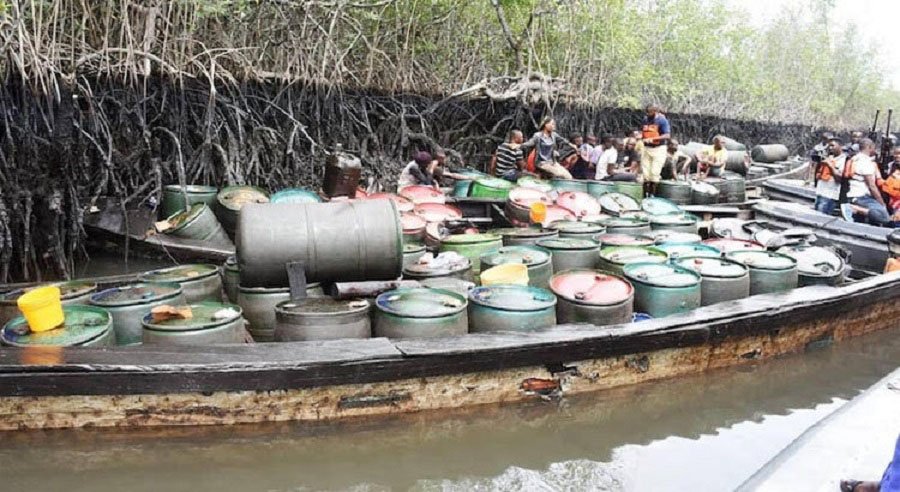
Foreign nationals, mostly Chinese and other expatriates, operate freely with the collaboration of local elites. They extract and export Nigeria’s mineral wealth with little accountability.
The stark contrast in enforcement has led many to question whether regional bias is at play. The Niger Delta, where oil bunkering occurs, is predominantly populated by ethnic minorities who have long protested the exploitation of their resources without corresponding development. On the other hand, many of the regions where illegal mining thrives are in the North and parts of the Middle Belt, where government intervention has been more restrained.
This double standard fuels resentment and deepens divisions in the country. The people of the Niger Delta see their communities militarized and their youths branded as criminals, while illegal miners in other parts of the country continue their activities with little fear of reprisal. If illegal resource extraction is harmful to Nigeria’s economy, why should one be treated as a national crisis and the other as a minor inconvenience?
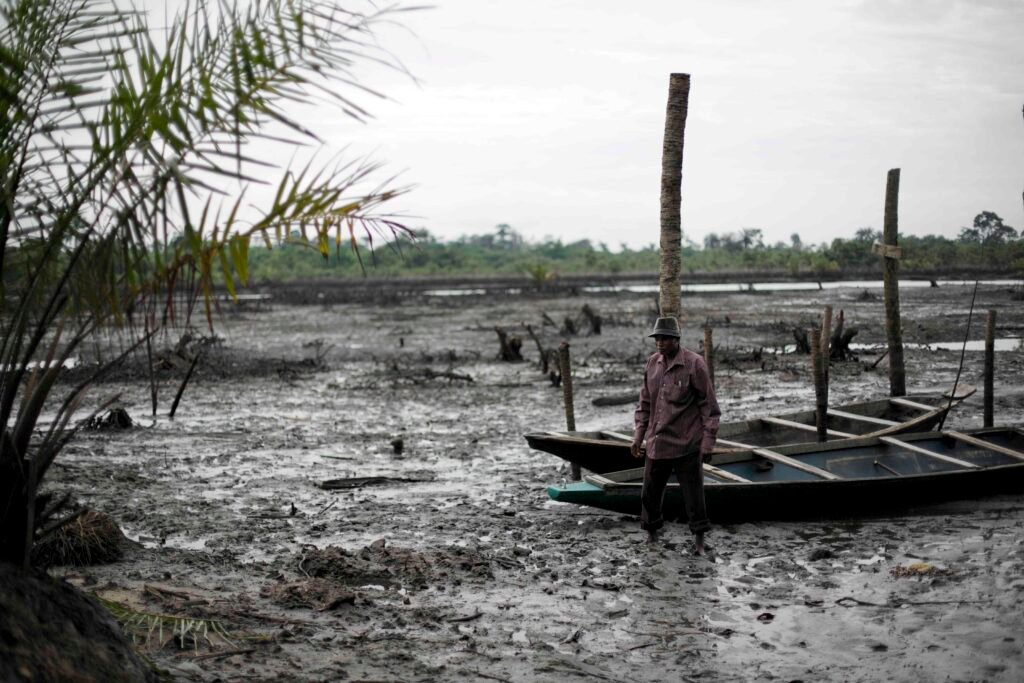
Both illegal bunkering and illegal mining have devastating consequences. The Niger Delta has suffered severe oil pollution, destroying farmlands, rivers, and aquatic life. Similarly, illegal mining contributes to deforestation, water pollution, and land degradation.
In places like Zamfara and Osun, illegal mining has led to lead poisoning outbreaks, killing children and contaminating water sources.
Additionally, the Nigerian government loses enormous revenue from both activities. Billions of dollars are siphoned away, either through smuggled crude oil or illegally mined gold. These losses weaken the economy, reducing funds available for infrastructure, healthcare, and education.
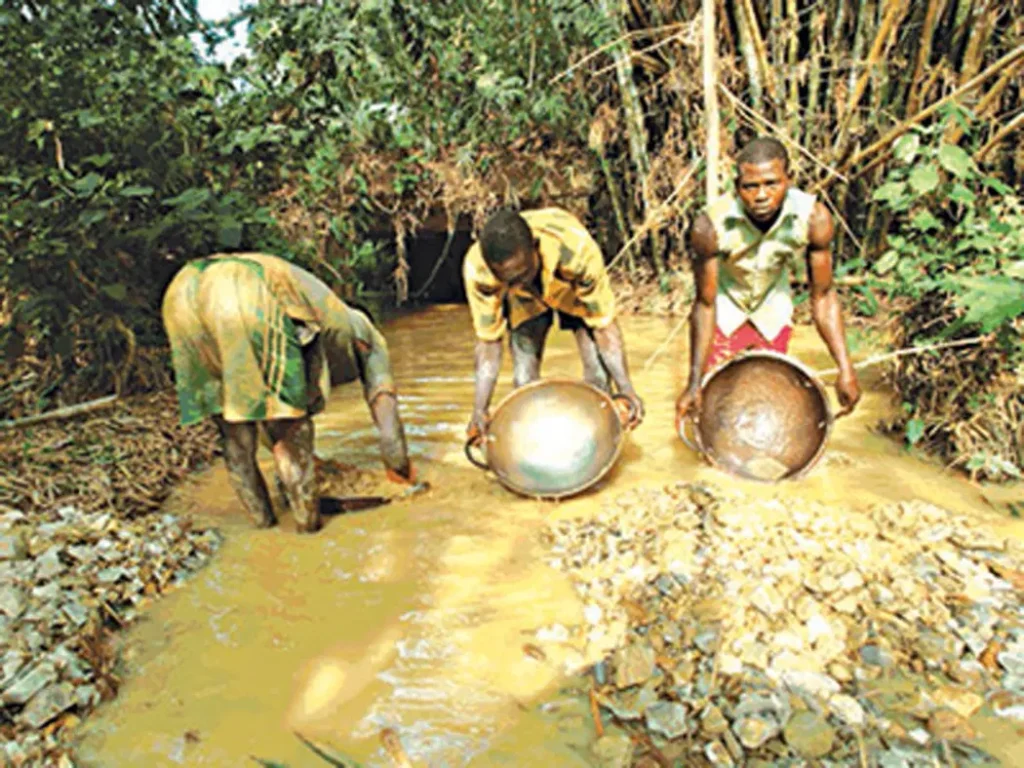
Nigeria cannot afford to maintain this selective justice. If the government is serious about tackling illegal resource exploitation, it must apply the same level of enforcement across all sectors. Illegal mining should receive the same national security priority as illegal oil bunkering. Perpetrators, whether locals, foreign operators, or corrupt government officials must be held accountable.
The solution lies in strong, impartial governance. Security forces should not be used as political or ethnic tools but as guardians of Nigeria’s collective wealth. The government must strengthen regulatory frameworks, empower local communities to benefit legally from their resources, and ensure that environmental concerns are addressed.

The Nigerian government’s approach to illegal bunkering versus illegal mining exposes a troubling inconsistency that cannot be ignored. If the nation is to move forward, it must apply the same rules to all its resources, regardless of region or political considerations. Anything less is a betrayal of national unity and economic justice.
A Nigeria that truly values its future will recognize that no resource, whether oil or gold should be left in the hands of criminals while the government looks the other way. It is time for a fair and patriotic approach to protecting Nigeria’s wealth for the benefit of all.

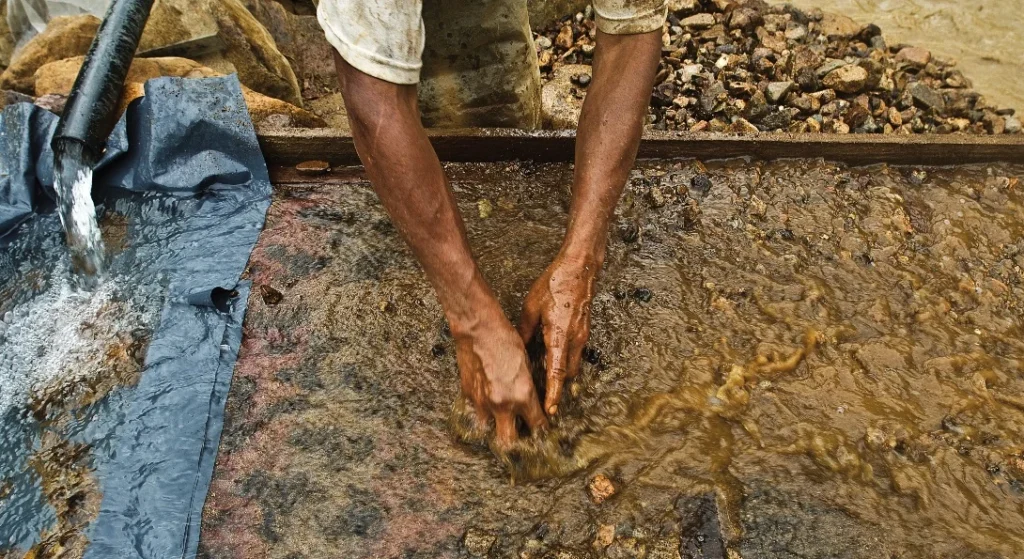
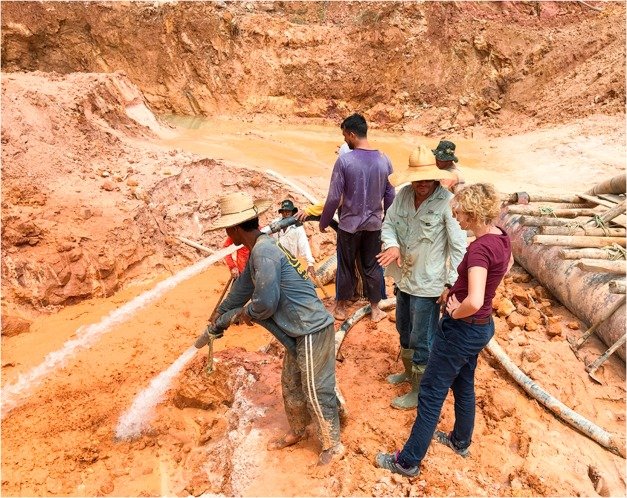






Leave a reply